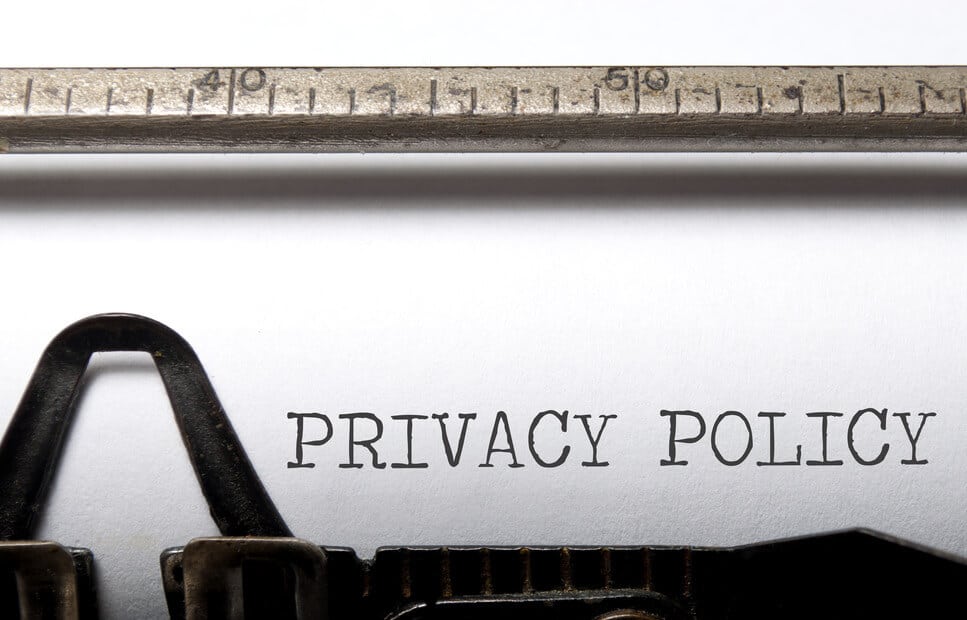Privacy has become a vital commodity in today’s generation when social networking sites and malicious identities can steal your personal information. That’s why many people prefer to visit websites that they feel secure in and confident to transact with.
As a website owner, you have the responsibility to ensure that your clients and site visitors feel safe while browsing your pages. One of the best ways to do this is by setting up a privacy policy, which describes the breadth of personal private data that a website or company can obtain from site visitors. This statement or document is not required by law, but is more of a best practice when it comes to transactions.
Sure, you’re not required to put up a privacy policy on your website, but the following are valid reasons why you should have one:
Respect for people
Want to build trust with your clients and site visitors? Be transparent by telling them that you may be collecting personal information whenever they log in to your website. This is especially applicable for e-commerce websites that collect financial information such as credit cards or online payment login details. Lay out the details telling them how you are going to use their information, which data you won’t be collecting, and how their personal info will be protected. Bottom line, let your customers feel at peace whenever they visit your pages.
Protection for your company
Many companies have been entangled into financial trouble and legal matters, all because they failed to display a privacy policy. Take note that a privacy policy lists in detail what you are going to do with their personal data, especially financial details. That way, when something awry in the transaction – say, your client’s credit card details get stolen – your company is cleared of any liability.
Requirement in some U.S. states
If your website is based in California, hold your horses! According to the state’s Online Privacy Protection Act of 2003, websites that obtain personal information from residents of California are required to post a privacy policy. Some states like Pennsylvania and Nebraska are slowly following suit by penalizing websites whose privacy policies are misleading.
In other words, you have to check if your target market includes states and countries that require you to have a privacy policy conspicuously displayed on your site.
Think of the privacy policy as a win-win strategy for your company and your customers. It assures your clients that you are serious about keeping their information private, and at the same time it protects you from legal problems.
Creating a privacy policy may be difficult for some people, especially if you aren’t familiar with legal jargon. Here are some online guides that may help you construct a privacy policy for your website:


1 thought on “Why Your Website Should Have a Privacy Policy”
“Don’t ignore the FTC or state laws that provide minimum standards”…where do you find these easily.
For example TX, CA and NY